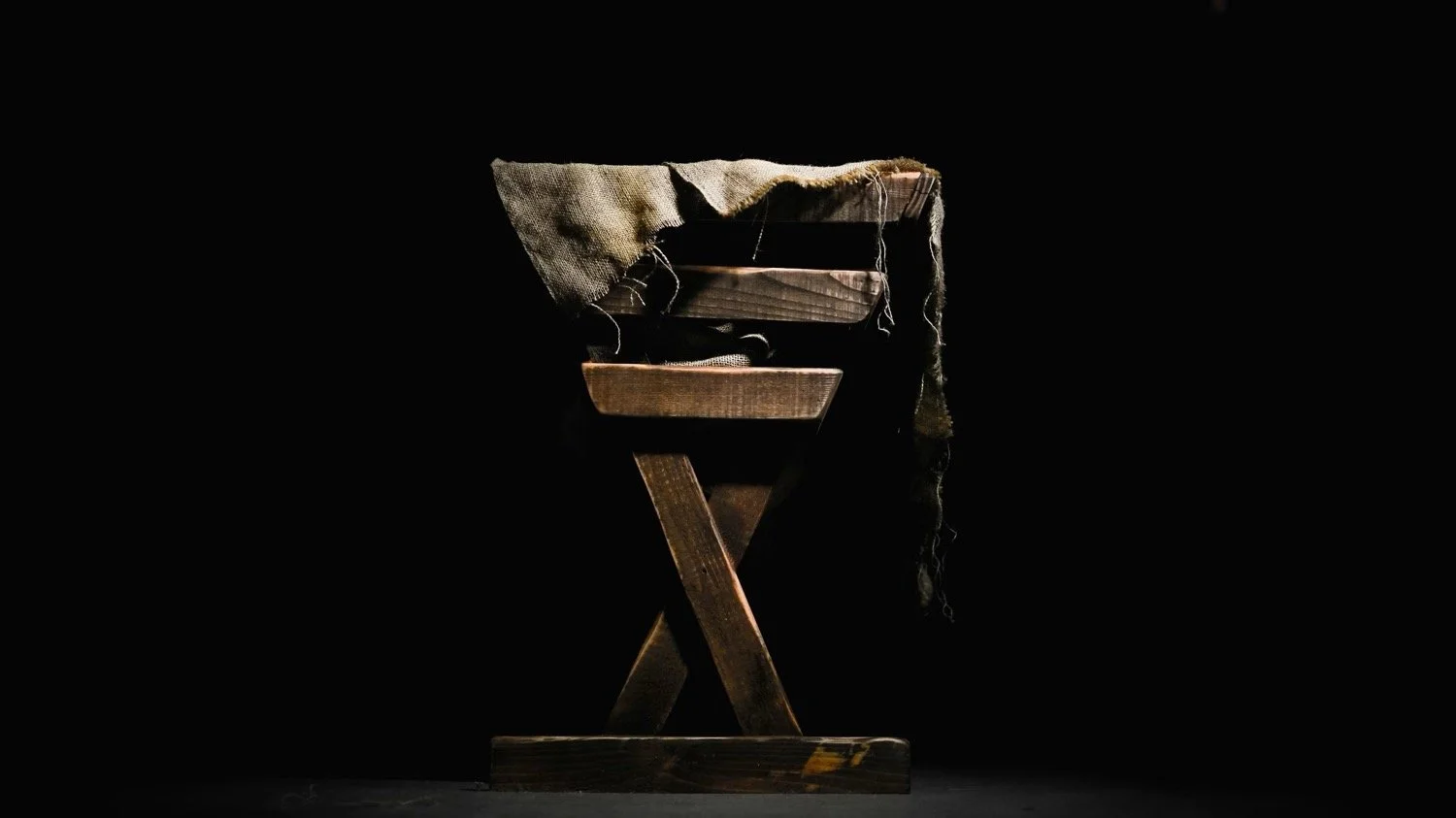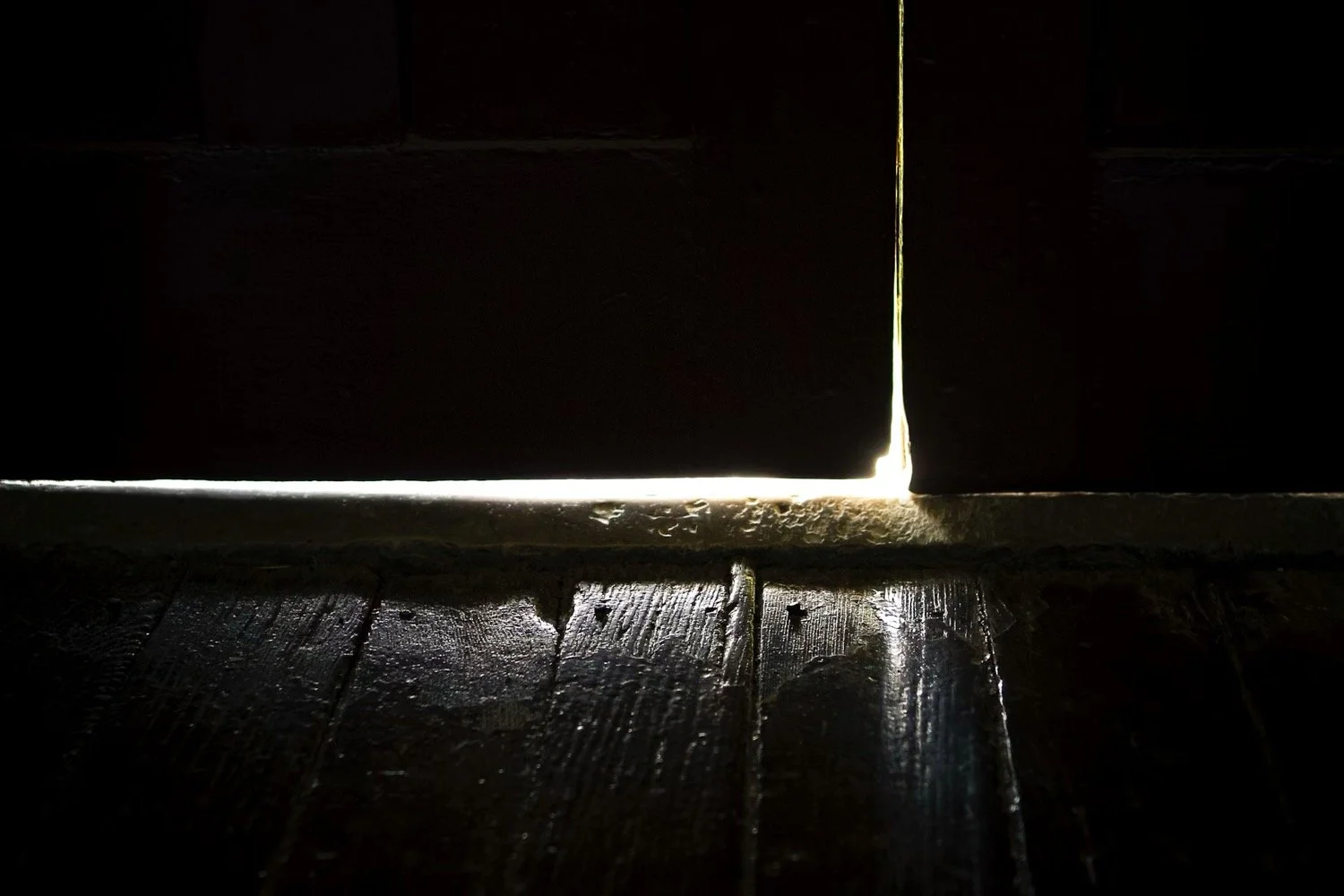Readings for today: 1 Chronicles 27-29, Psalms 68
It is so easy to confuse the “ends” with the “means.” It is so tempting to become more committed to process rather than outcomes. I see it time and time again. It happens in schools where we get more focused on achieving good grades rather than cultivating a love of learning. It happens in healthcare where more time and money is spent on managing disease rather than addressing the underlying problems. It happens in mental health where people are encouraged to remain in therapy for years rather than seriously address maladaptive thinking patterns and behaviors. It happens in businesses that refuse to evolve and change with the times. It happens in churches where we become more committed to “the way we’ve always done it” and lose sight of the Great Commission.
The end of the Christian life is clear. Love God with all your heart, soul, mind, and strength. Worship and enjoy God forever. Seek the Kingdom of God first and the righteousness of God first and everything else will be taken care of. I love how David put it to Solomon, “As for you, Solomon my son, know the God of your father, and serve him wholeheartedly and with a willing mind, for the Lord searches every heart and understands the intention of every thought. If you seek him, he will be found by you, but if you abandon him, he will reject you forever.” (1 Chronicles 28:9 CSB) Yes, Solomon will build a magnificent Temple. A wonder of the ancient world. But even this mighty work is a “means” to a greater end which is the worship of the Living God. Solomon’s success will not be measured in the buildings he builds or the wealth he accumulates or the political power he wields or the military might he deploys. It will be measured in how he loves and serves God. It will be measured in how well he seeks God throughout his reign and rule and life.
These words apply to each and every one of us, no matter what season or station in life we may find ourselves in. It applies to the rich and poor. It applies to the powerful and powerless. It applies to the old and young. It applies to both men and women. The true measure of your life is not found in how much money you make or how much success you achieve. It is not found in the degrees you earn or the companies you build or the number of people you influence. It is not founded in the number of friends or followers you have on social media. These are all means to a much greater end. Did you love and serve God with a whole heart and a willing mind? Did you seek after God with all your heart so you might find Him? Did you pursue God all the days of your life and humbly submit to Him? Did you make His will your own and did you do all you can to live for Him? As C.S. Lewis once put it, “Aim for heaven and you’ll get earth thrown in. Aim at earth and you’ll get neither.”
Readings for tomorrow: No devotionals on Sundays




